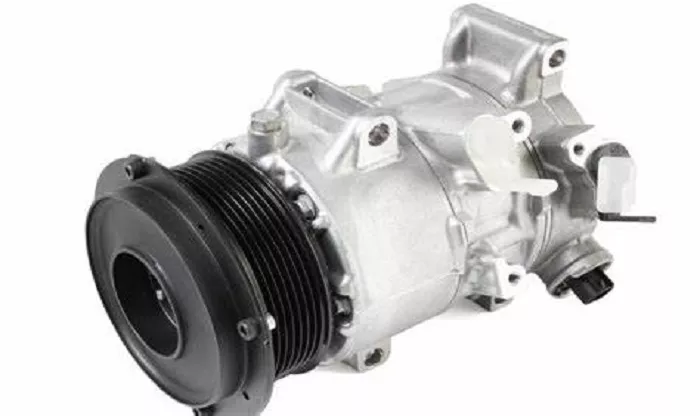A noisy air conditioning (AC) compressor is often a warning sign of underlying mechanical issues. Homeowners and HVAC professionals frequently wonder how long a noisy compressor can continue operating before failing completely. The lifespan of a noisy compressor depends on several factors, including the cause of the noise, maintenance history, and operating conditions.
Understanding the AC Compressor’s Role
- Compressing Refrigerant: The compressor pressurizes low-pressure refrigerant gas into a high-pressure, high-temperature state.
- Circulating Refrigerant: It moves the refrigerant through the AC system, enabling heat exchange.
- Maintaining System Efficiency: A failing compressor reduces cooling performance and increases energy consumption.
When the compressor becomes noisy, it indicates mechanical wear, electrical problems, or refrigerant issues.
Common Causes of a Noisy Compressor
Mechanical Wear and Tear
- Worn Bearings: The compressor has internal bearings that allow smooth rotation. Over time, friction degrades them, causing grinding or rumbling noises.
- Piston or Scroll Damage: Reciprocating and scroll compressors rely on moving parts. If these components wear out, knocking or clanking sounds occur.
- Loose or Broken Mounts: Vibrations from a poorly secured compressor can create banging or rattling noises.
Refrigerant Issues
- Low Refrigerant (Undercharged System): Inadequate refrigerant causes the compressor to overwork, leading to a loud humming or screeching noise.
- Refrigerant Overcharge: Excess refrigerant increases pressure, straining the compressor and producing unusual noises.
- Refrigerant Contamination: Moisture or debris in the refrigerant can damage internal components, resulting in knocking or gurgling sounds.
Electrical Problems
- Failing Capacitor: A weak or faulty capacitor causes the compressor to struggle at startup, producing a loud buzzing or humming noise.
- Voltage Fluctuations: Incorrect voltage supply can make the compressor run erratically, leading to irregular noises.
Lubrication Issues
- Low Oil Levels: Compressors require lubrication. Insufficient oil increases friction, causing grinding or screeching sounds.
- Oil Breakdown: Over time, oil degrades and loses its lubricating properties, accelerating wear.
Signs That a Noisy Compressor Is Near Failure
- Loud Grinding or Screeching: Suggests severe internal damage.
- Frequent Tripping of Circuit Breaker: The compressor is struggling to run.
- Reduced Cooling Performance: The system runs longer but doesn’t cool effectively.
- Burning Smell: Indicates overheating or electrical failure.
- Clicking or Hard Starting: The compressor struggles to turn on.
If these symptoms appear, the compressor may fail within days or weeks.
How to Extend the Life of a Noisy Compressor
- Schedule Professional Maintenance: Regular HVAC inspections can catch issues early.
- Check Refrigerant Levels: Ensure proper charge to prevent strain.
- Monitor Electrical Components: Test capacitors and wiring.
- Ensure Proper Lubrication: Check oil levels and replace if degraded.
- Clean the Condenser Coils: Dirty coils increase compressor workload.
- Avoid Overuse: Reduce strain by using a programmable thermostat.
When Should You Replace the Compressor?
Consider replacement if:
- The compressor is over 10–15 years old.
- Repair costs exceed 50% of a new unit’s price.
- The system uses R-22 refrigerant (obsolete and expensive).
- Frequent breakdowns occur.
Conclusion
A noisy AC compressor can last anywhere from a few days to several years, depending on the cause of the noise. Mechanical wear, electrical faults, and refrigerant problems are the most common culprits. Immediate attention can sometimes save the compressor, but severe damage often requires replacement.
Regular maintenance is the best way to prevent compressor noise and extend the system’s lifespan. If your compressor is already noisy, consult an HVAC professional to diagnose the issue and determine whether repair or replacement is the best option.

